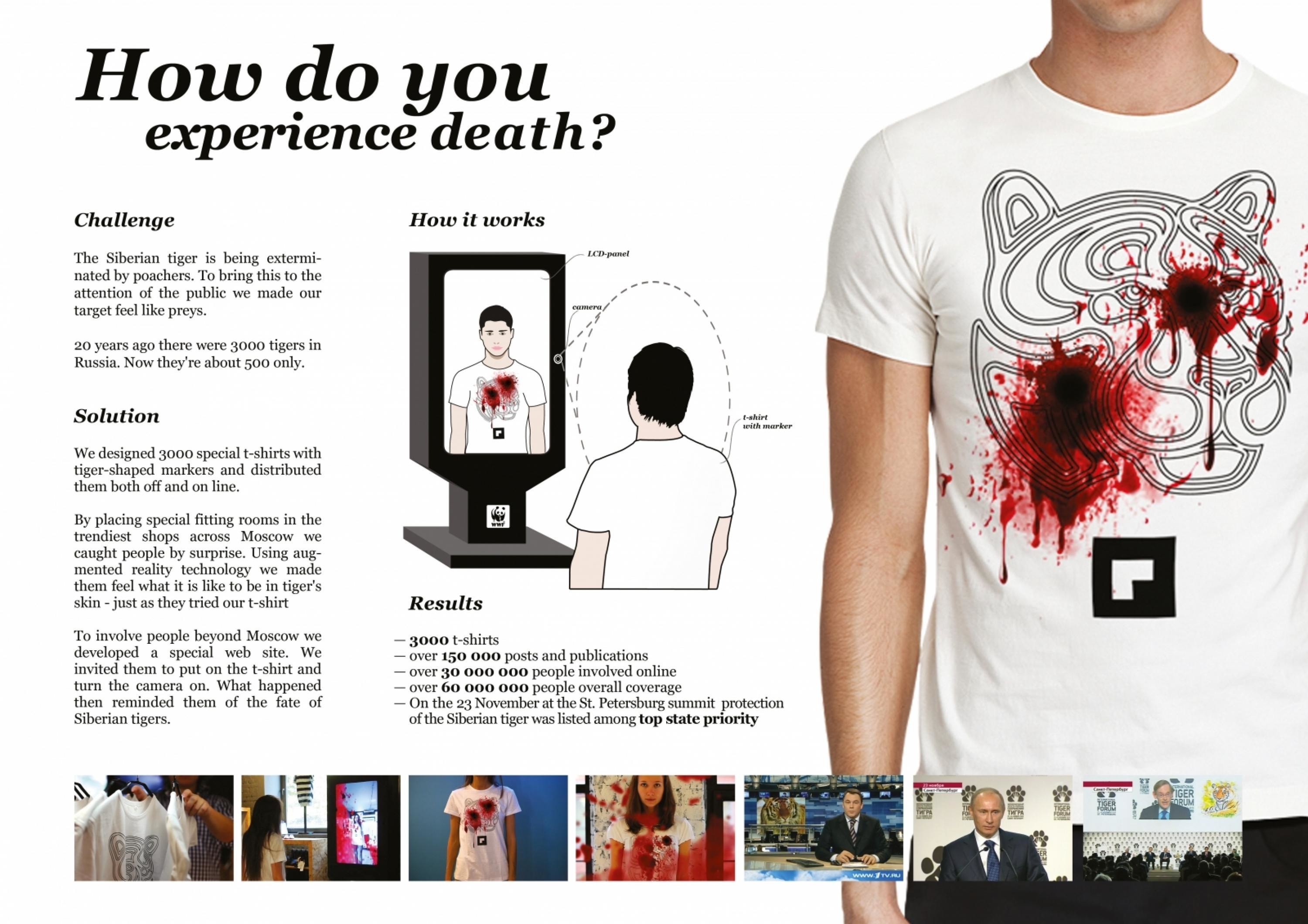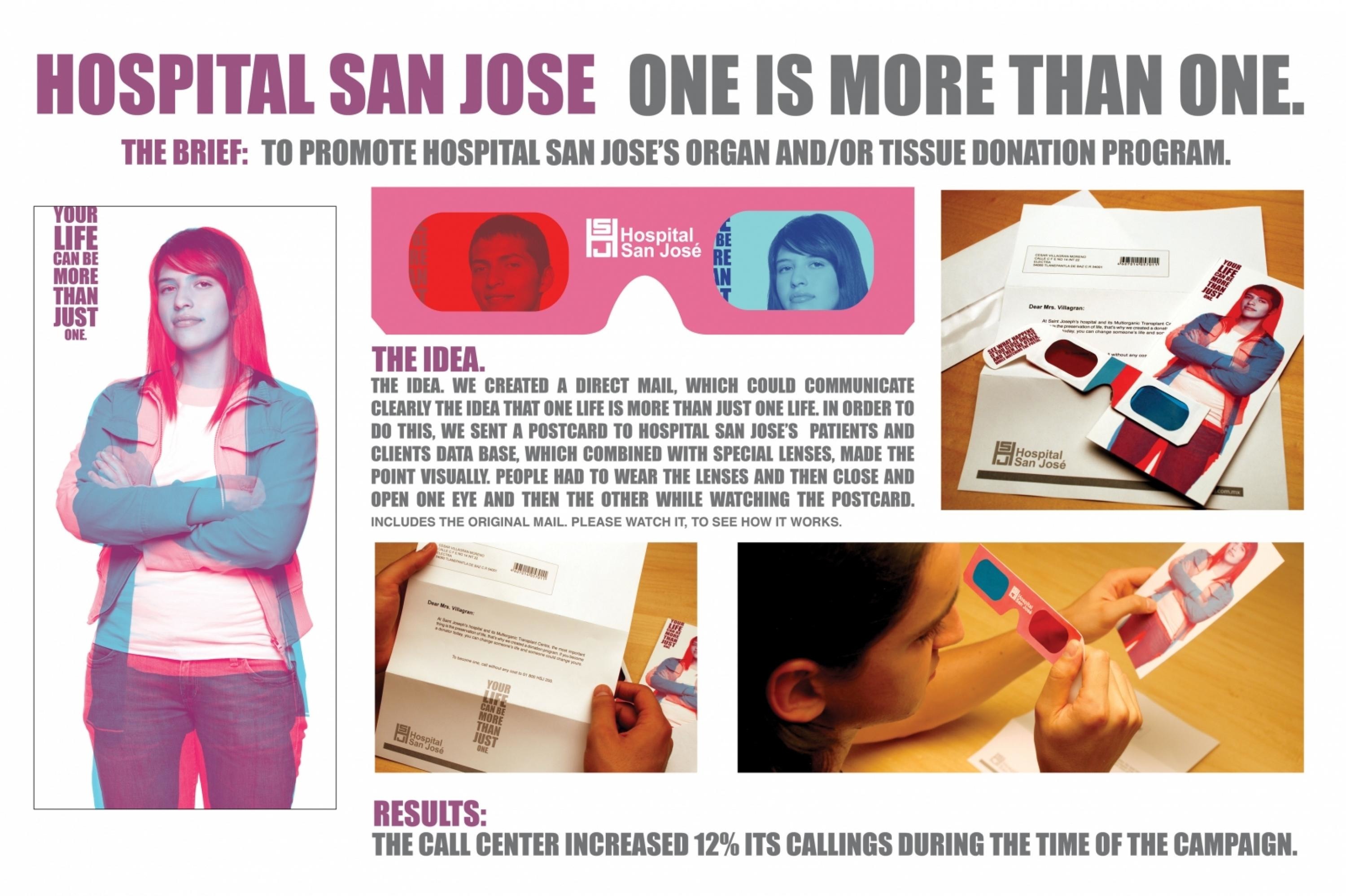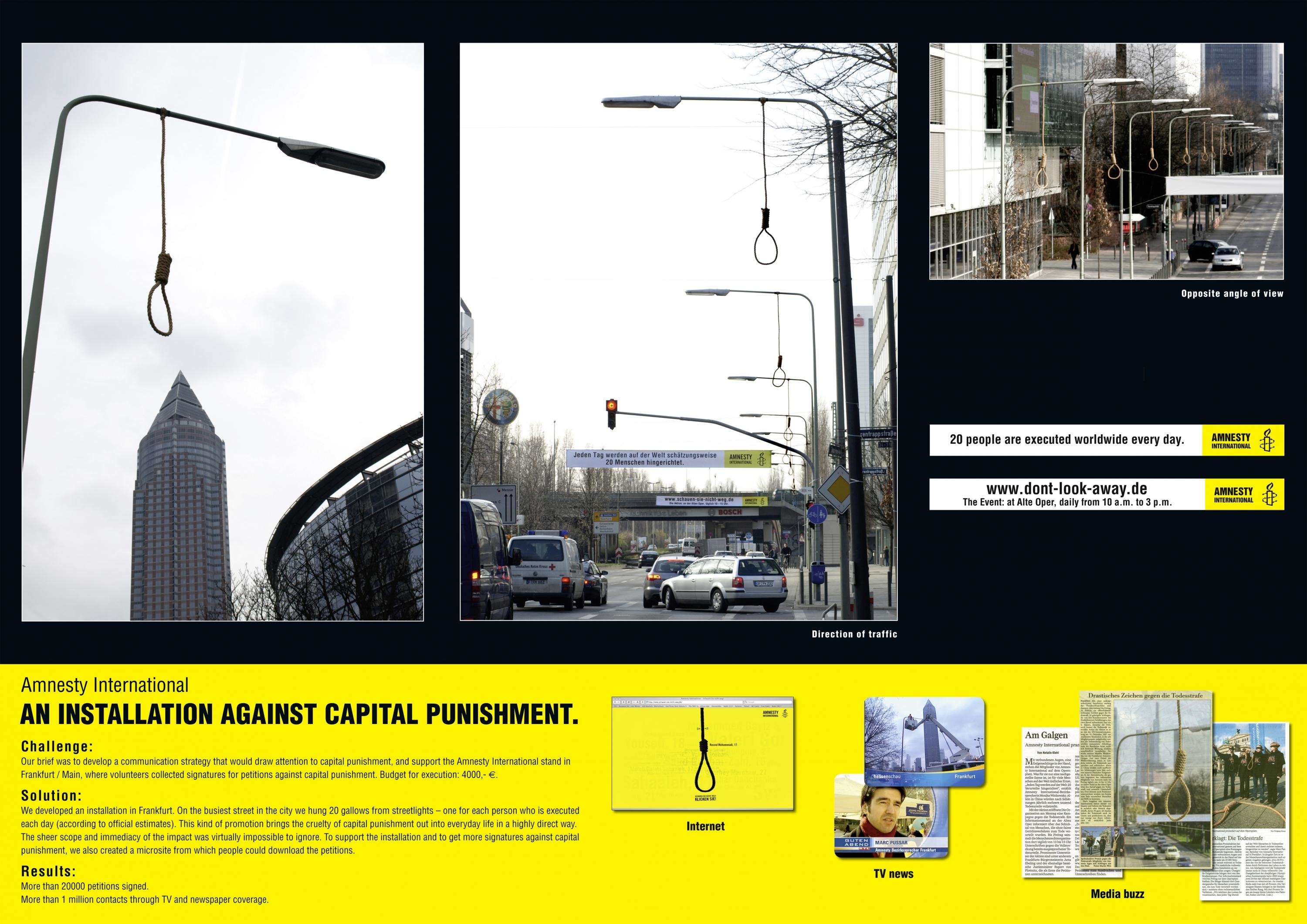Cannes Lions
Eurythenes plasticus
BBDO, Dusseldorf / WORLD WILDLIFE FUND (WWF) / 2020
Overview
Entries
Credits
Overview
Background
Germans are some of the best sorters of rubbish in the world, but well under 30% of our plastic is recycled. Rather than dealing with our own trash, Germany is the third biggest exporter of plastic waste (behind the USA and Japan) to countries in South East Asia. Because of less stringent regulations in these countries, this trash often ends up at landfill where it’s blown around in the wind, into rivers and ultimately into our oceans. Once in the ocean, the plastic gradually breaks down into microplastics and slowly falls to the sea floor where it can take up to 400 years to fully decompose. Ocean plastic is an important ongoing topic for the WWF. We were given the challenge to find a new spin on a problem that has been desensitized over time that could generate widespread attention and action with a very modest budget.
Idea
When you find a new species you get to give it a name. To make an environmental statement against ocean plastic, we named a new deep-sea species after the plastic that was found inside its body - Eurythenes plasticus. This new species has been entered into the permanent taxonomic record as living proof that we’re impacting parts of the world we are still discovering. Following the publication of the scientific manuscript and the worldwide press that resulted, we launched a multi-channel campaign collecting petition signatures calling for a legally binding UN agreement to put an end to marine plastic pollution.
Strategy
We needed to find a way to get the attention of a desensitized audience to further highlight the ocean plastic problem for our client the WWF. Through research, we found out that deep-sea species were being found with plastic contamination already in their bodies. One such study showed that 72% of the sampled deep-sea crustaceans contained plastic contamination. This insight created an interesting strategic opportunity to show the problem goes far deeper than previously imagined. Furthermore, if we could collaborate with deep-sea scientists to find a new species that had also been contaminated by plastic, we could name it after that very contamination and use the new species as a vehicle for environmental activism. We knew if we could use science to influence the taxonomic record of our planet, we could create a far more convincing and lasting educational impact on our audience than a conventional ad campaign.
Execution
The campaign launched on 05.03.20 with the official publication of the scientific manuscript, creating history and making Eurythenes plasticus officially part of our planet’s taxonomic record. Within hours, a worldwide conversation had ignited over the extent of the plastic pollution in our oceans in over forty countries without any media spend. Following the publication of the new species, we rolled out a cross-platform campaign (paid social, OOH, digital OOH, cinema) that encouraged people to sign a petition asking for a legally binding global UN agreement to put an end to marine plastic pollution. This crossover of advertising and science enabled us to eternalize the idea by partnering with museums in Germany and also internationally – including the Smithsonian – to permanently display the new species as an educative awakening.
Outcome
Launched during the rise of COVID-19, E. plasticus still made a lasting and global impact.
E.plasticus and the environmental topic was first discussed across all major German media & then went global (BBC, Forbes, The New Yorker, Nine News Australia, News.com.au, Gizmodo, Unilad, New Scientist, The China Post etc).
Over €12 million in estimated earned media value.
The organic social conversation was even picked up by celebrities such as Anitta in Brazil who shared it with her 50M followers.
The petition to date has over 2 million signatures (120k in campaign period) & will be presented to the UN shortly.
The permanent museum exhibitions have had over 410,000 combined visitors to date.
Due to great interest from schools, we developed the website plasticus.school as an international educational resource that has thousands of downloads to date.
E.plasticus received a Guinness World Record as the first new species contaminated by plastic.







